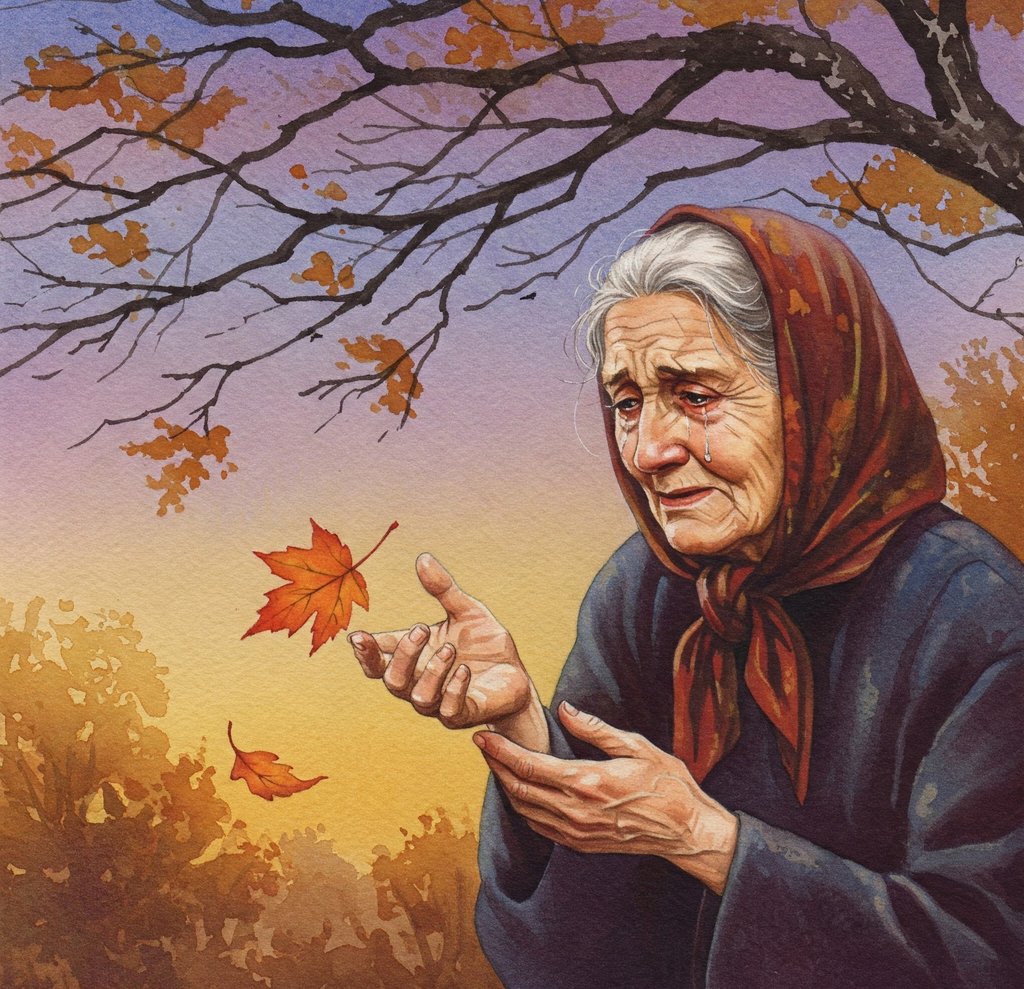Free Shipping $35 & Up * All orders Receive Free Gift.
The Twilight Whispers: Discovering Emily Dickinson's Bold Exploration of Death and Immortality
Step into the ethereal world where life and death converge in Emily Dickinson's timeless poetry. "The Dickinson Enigma: Mortality and Meaning in Verse" offers modern readers a curated journey through the Belle of Amherst's most profound contemplations o n our mortal existence.
WISDOM IN PAGES
C'ah Sole
6/28/20252 min read


When Death Becomes a Familiar Companion
Emily Dickinson once wrote, "Because I could not stop for Death – He kindly stopped for me." This simple yet profound observation exemplifies why, nearly 140 years after her death, Dickinson's poetry continues to captivate us. Her unflinching examination of mortality speaks directly to the human experience in ways few poets have matched.
What makes Dickinson's exploration of death so compelling is not morbidity, but rather her remarkable ability to transform the terrifying into the familiar. Death, in her verse, becomes not just an end but a beginning – a doorway to understanding life itself. She approaches mortality with a curious blend of reverence, fear, and sometimes even playfulness, demystifying what most of us dare not contemplate.
In "The Dickinson Enigma," I've carefully selected poems that showcase her multifaceted perspective on life's ultimate transition. From the gentle metaphor of "She lay as if at play" to the stark observation that "Death sets a Thing significant," Dickinson's range is breathtaking. She moves effortlessly between concrete imagery and abstract philosophy, creating a tapestry that feels both intensely personal and universally relevant.
The Comfort of Uncomfortable Truths
What struck me most while compiling this collection was how Dickinson's unflinching honesty about death offers a peculiar comfort. In our modern world where mortality is sanitized and hidden away, her direct confrontation feels like a breath of fresh air – paradoxical as that may seem when discussing death.
Consider her observation that "To die—takes just a little while—They say it doesn't hurt." In just a few words, she addresses our most primal fear with both acknowledgment and reassurance. This is Dickinson's gift: she doesn't shy away from uncomfortable truths but instead transforms them into something we can hold and examine without being consumed by dread.
Finding Light in Shadow
Perhaps most remarkably, Dickinson's exploration of death invariably leads us back to a deeper appreciation of life. Her poems remind us that mortality gives meaning to existence – that the ephemeral nature of our time makes each moment precious. When she writes, "That it will never come again is what makes life so sweet," she captures a fundamental truth about the human condition.
This collection isn't merely about death, but about the entirety of existence viewed through the lens of its inevitable conclusion. Dickinson invites us to live more fully by acknowledging our finite nature. Her poetry becomes a guide to finding meaning in both the brilliant light of life and the approaching shadows.
A Bridge Across Grief
My own journey with grief after losing my son taught me that navigating loss requires frameworks for understanding that transcend simple platitudes. Dickinson offers such a framework – one that neither minimizes suffering nor surrenders to despair. Her poems have been companions through my darkest hours, providing language for experiences that defy expression.
Walk This Path With Us
If Dickinson's unflinching yet tender exploration of mortality resonates with you, I invite you to visit CahSole.com for more resources on navigating grief and finding meaning in life's most challenging transitions. There, you'll find my bestselling "The Autopsy Journal: Navigating Grief After My Son's Death" along with other free readings that accompany fellow travelers on the path through loss toward healing.
Dickinson reminds us we need not walk alone in our questioning, our grief, or our search for meaning. Sometimes, the most profound comfort comes from knowing others have stood where we stand now and left behind breadcrumbs of wisdom to guide our way.

